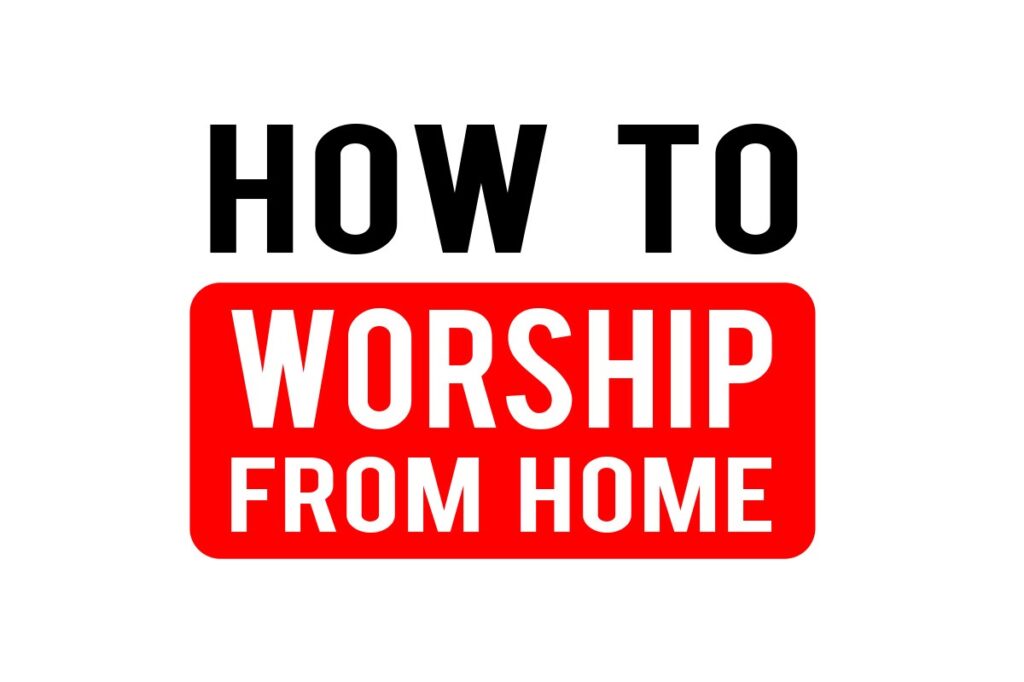How To: Worship From Home

How to: Worship from home A guide for those limited by COVID -19 By Avery Northwood It’s Sunday! Time to put on a decent outfit or even business casual. Time to do makeup, prep the kids, consume a hasty breakfast, and hustle out the door for church! Enter COVID 19. Many of us are finding […]
Praying To Saints?

From a Sunday Lesson on March 8, 2020 Bp. Rob began, “I want us to start looking at the lives of some of the Saints in the Church.” Immediately those from a Protestant background may have some worries or concerns. They think consulting the Saints in heaven may be “necromancy,” strictly forbidden in Scripture; or […]

